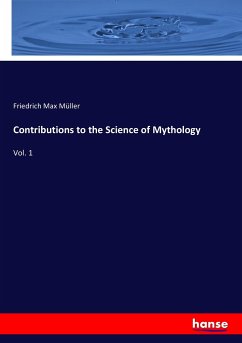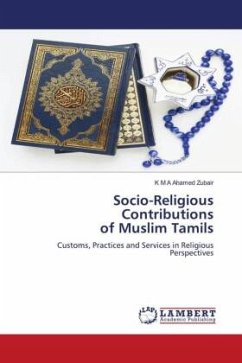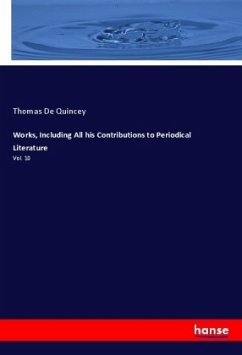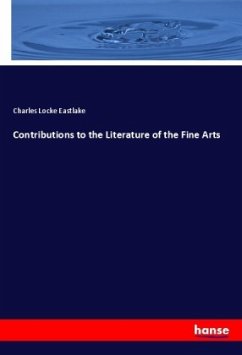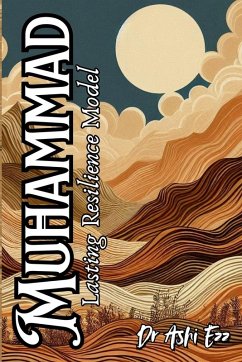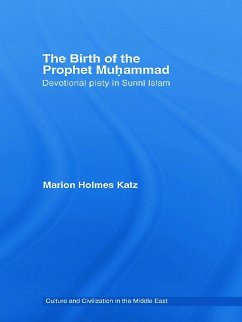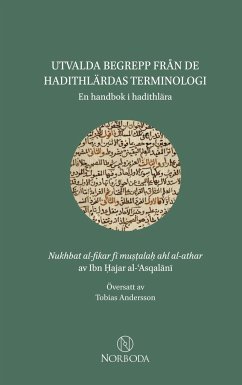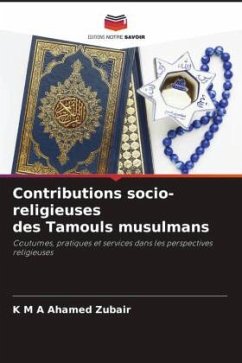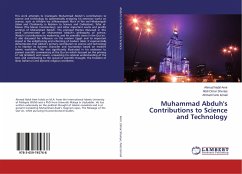
Muhammad Abduh's Contributions to Science and Technology
Versandkostenfrei!
Versandfertig in 6-10 Tagen
41,99 €
inkl. MwSt.

PAYBACK Punkte
21 °P sammeln!
This work attempts to investigate Muhammad Abduh's contributions to science and technology by systematically analyzing his extensive works on science, such as Al-Islam wa al-Nasraniyyah Ma'a al-'Ilm wa'l-Madaniyyah (Islam and Christianity in Relation to Science and Civilization), Tafsir al-Manar (The Manar Commentary), and other important works and prolific writings of Muhammad 'Abduh. The principal themes discussed in this work concentrated on Muhammad Abduh's philosophy of science, 'Abduh's contributions to modernity, and his scientific views in the Qur'an. It also discussed his influence on...
This work attempts to investigate Muhammad Abduh's contributions to science and technology by systematically analyzing his extensive works on science, such as Al-Islam wa al-Nasraniyyah Ma'a al-'Ilm wa'l-Madaniyyah (Islam and Christianity in Relation to Science and Civilization), Tafsir al-Manar (The Manar Commentary), and other important works and prolific writings of Muhammad 'Abduh. The principal themes discussed in this work concentrated on Muhammad Abduh's philosophy of science, 'Abduh's contributions to modernity, and his scientific views in the Qur'an. It also discussed his influence on the modern Egypt and its important impact in the enlightening and reforming of modern Islam. It exponentially demonstrates that Abduh's primary contribution to science and technology is to Islamize its dynamic character and foundation based on modern Islamic worldview. This was significantly illustrated in his endeavor to present scientific commentary of the Qur'an which focused on the primacy of 'aql (intellect) and reason, unleashing his rational understanding of the text, and contributing to the revival of scientific thought, the freedom of ideas (taharrur) and dynamic religious worldview.



